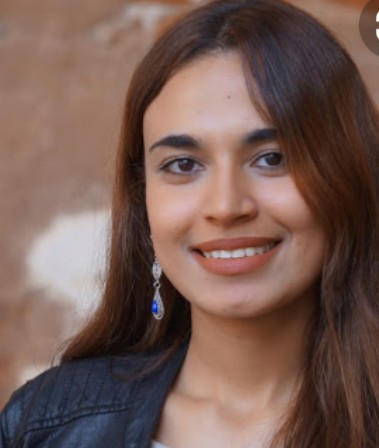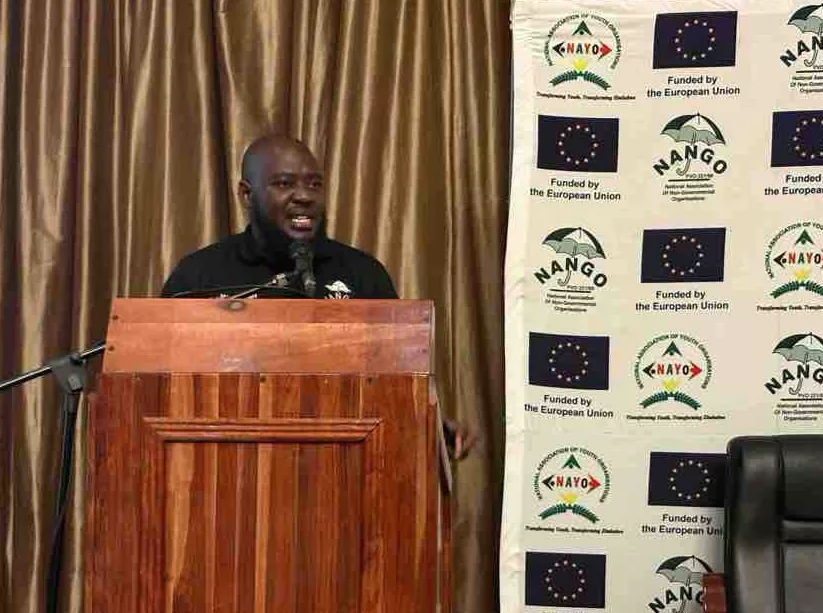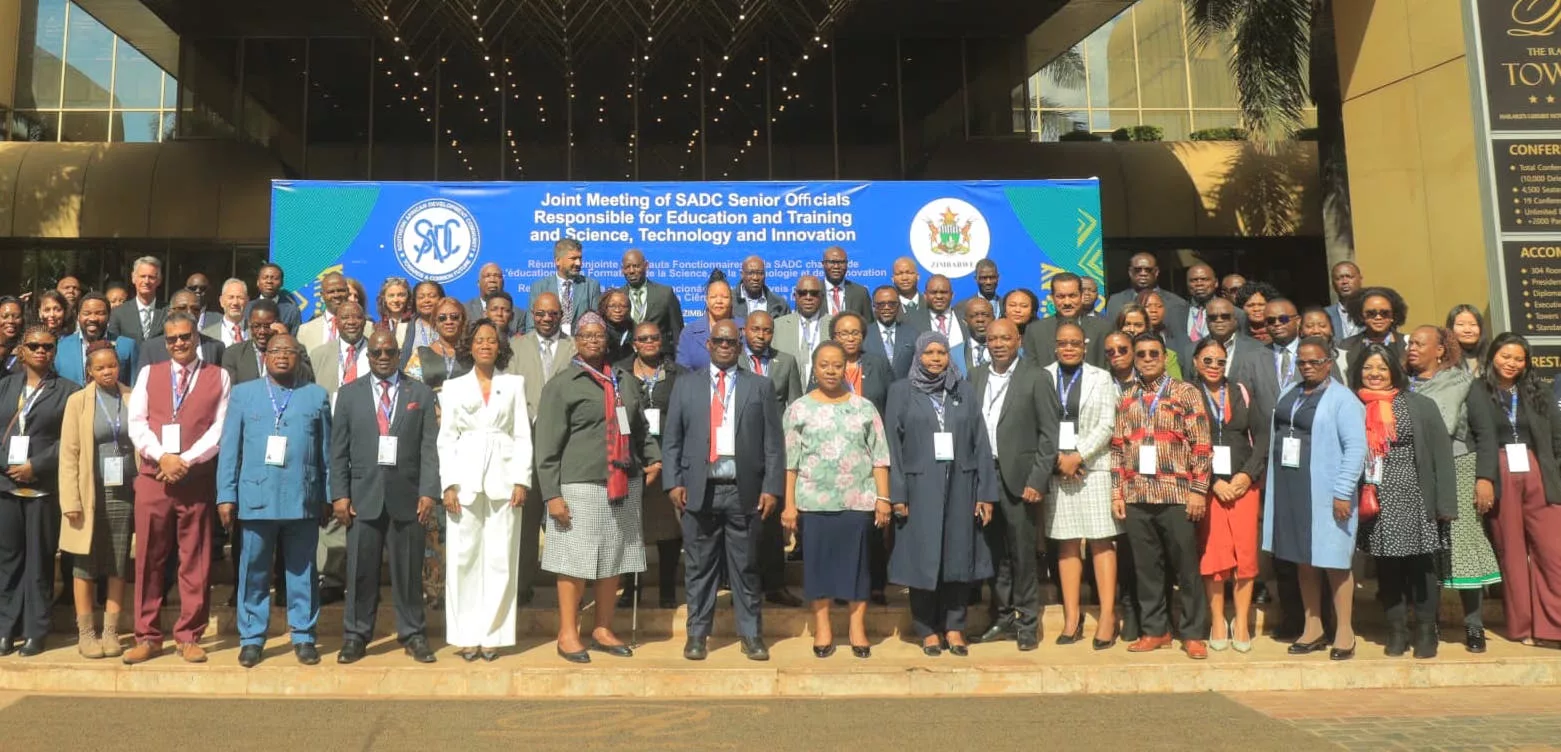The African Women in Media (AWiM) is making a concerted effort to ensure that the digital space does not present a design that erodes trust in human rights.
The organization is spearheading this by engaging with different feminist movements and other constituencies to champion the feminist internet towards social justice and environmental sustainability.
Cyberspace is fraught with rampant attacks targeting individuals, institutions, and governments. The latest cyberattack figures registered in the wake of the Covid-19 pandemic have made it clear that people do not only face the pandemic threat but also the ecosystem threat.
The AWiM panelist and a Policy Advocacy Coordinator at Association for Progressive Communications (APC) Marwa Azelmat, highlighted that emerging threats and already existing ones are seemingly exploiting the public fear. The acute reliance on ICTs is bouncing back in an even more sophisticated fashion, putting tenuous systems under immense strains and stalling progress on human development at large.
She said during an evolving, global-scale Covid-19 like disaster but also in the aftermath and throughout its life-cycle, the avalanche of messages online would likely exceed the capacity of people who provide potentially life-saving information to process.
The cyberspace, said Marwa, is only as resilient as the robustness and transparency of information operations around the world.
“Amid growing public unrest, users acquire a worrying propensity to avoid fact-checking operations and rather seek, gather, and trust sources that are most immediately available to them: friends, acquaintances, and closer networks either through messaging applications, pages they follow, mass media channels they are familiar with.
“They would reproduce, share and generate content in huge overwhelming amounts that feed platforms with flows of low-credibility information on which already disrupted digital spaces are parasitic,” said Marwa.
According to a recent Harvard Business Review (HBR) study, engagement metrics indicate that the number of sharing, liking, and viewing influence algorithmic decisions over shared content irrespective of its state of falsehood.
Social media profiles, she added, with less “impressions” would likely be subject to systemic shadowing from platforms making the case for why fake news is viral.
“By default, the digital space presents a design that erodes trust in human rights workers, and instead amplifies the voices of anti-rights groups, hence posing far-reaching human rights implications.
“Against this backdrop, the boundaries of responsibility are blurred giving way to a tapestry of digital manipulation whereby women and racial, ethnic, religious minorities are disproportionately affected, be it for building, and targeting an informed audience or ultimately delving into safe data practices and investigative journalism.”
An initial analysis and filtering of datasets in different countries conducted by the National Democratic Institute (NDI) show evidence that data-driven disinformation campaigns are built on underlying rumors and social stereotypes to reshape the political discourse in a way that harms women and discredits their work.
Marwa indicated that the trickle of these tropes weaponizes levels and layers of behavior online, using highly emotive and value-laden sometimes intelligent posts to perpetuate particular subjects and silence people of specific genders.
“The NDI-led scrutiny of strategies contends that overall tactics are unanimously state-aligned, whereas used lexicon is critically gendered and deeply rooted in context with slight social, cultural discrepancies from one country to another.
“Yet, solutions in policy and practice remain stuck in traditional “counter-speech” mechanisms excluding whole of society approaches in dealing with the wide spectrum of information operations.
Although content regulations and policing are increasingly prominent, she alluded, they remain geographically unequal in scope and scale.
“Such discrepancies among others across language, state of play and subject-matter challenges law-makers, non-state actors, and technology companies to scale up agile and effective responses.
“Hence, the release valve lies in the shared understanding that integrated governance information systems at all levels are needed to facilitate coordinated responses and strengthen multi-lateral collaboration along several, demand-driven fronts while keeping in mind that the commitment to co-establish open, right-respecting and safe design has to be long-termed, building on nonfree speech issues to defeat conditions that allow structural headwinds and gender-based inequalities to flourish online.”
Marwa Azelmat was born and raised in Morocco. She received a Master of International Human Rights Law from the Global Campus for Human Rights in 2019.
As Policy Advocacy Coordinator at Association for Progressive Communications, Marwa is responsible for incorporating information and communications technology into APC’s policy and advocacy strategies and coordinating with feminist movements and other constituencies to champion feminist internet towards social justice and environmental sustainability.
Additionally, Marwa is a Young Expert on Technology for Health at Plan International Canada and Vice-Chair at the Youth Anti-Slavery Movement.
In 2020 AWiM conducted a number of virtual conferences on issues to do with media, peace, movement, and technology which were a huge success with panelists and guest speakers positively contributing to the discussions.






